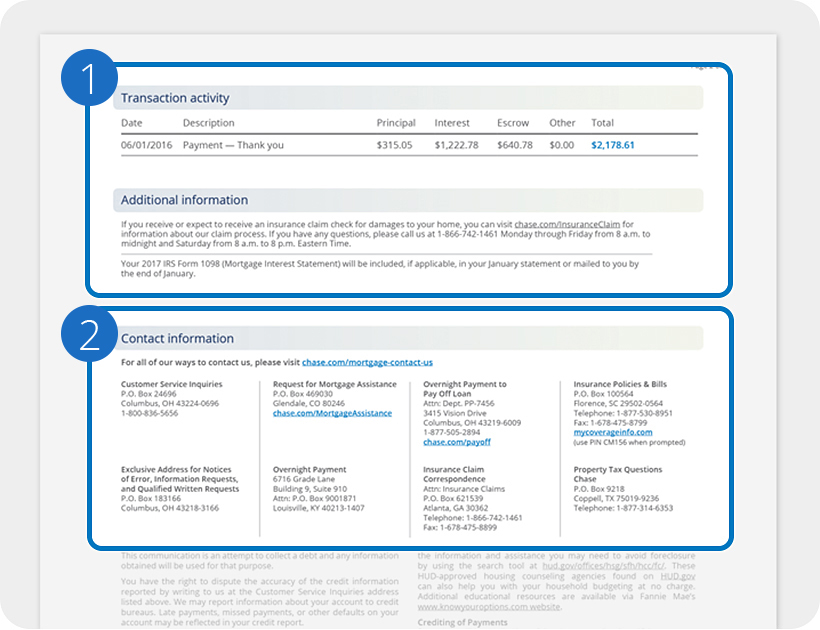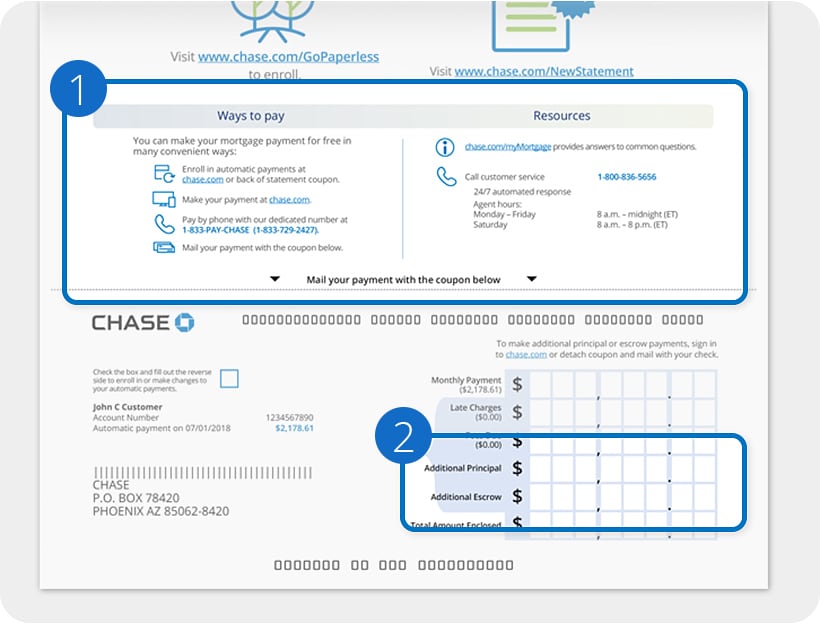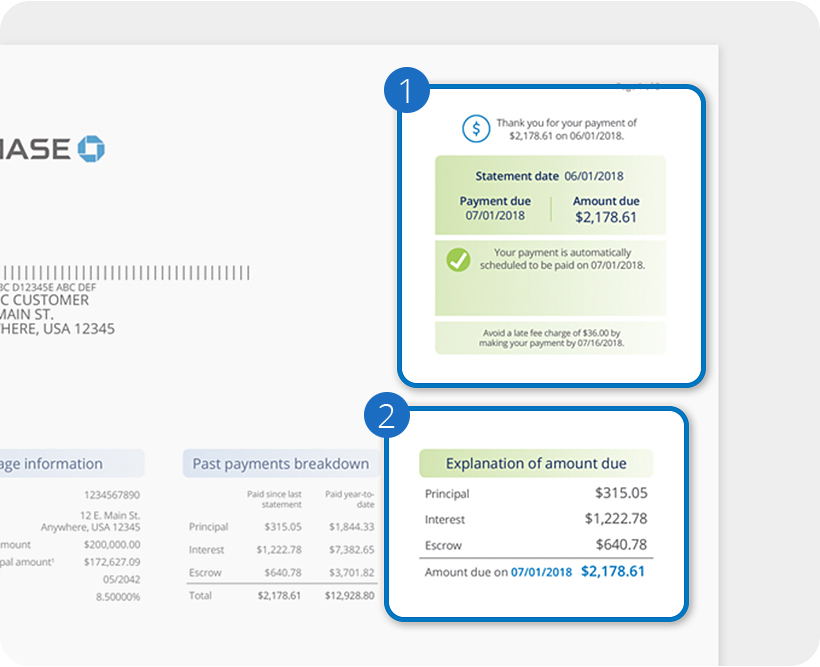Buying a home is one of the biggest decisions you'll ever make, and Chase Home Mortgage is here to help you navigate the process. Whether you're a first-time buyer or a seasoned homeowner looking to refinance, understanding your mortgage options is crucial. With competitive rates and personalized services, Chase has become a go-to choice for millions of Americans. But how does it stack up against other lenders? And what should you know before signing on the dotted line? Let’s dive in and break it all down.
Let's face it, buying a house isn't just about finding the right location or picking out paint colors. It's about securing a solid financial foundation for your future. Chase Home Mortgage offers a range of products designed to fit different needs, from conventional loans to VA loans and jumbo mortgages. But before we get into the nitty-gritty, let's talk about why Chase stands out in the crowded mortgage market.
What makes Chase Home Mortgage different? It's not just the name recognition. It's the combination of technology, customer service, and a wide array of loan options that make it an attractive choice for homebuyers. So whether you're dreaming of a cozy suburban home or an extravagant city penthouse, Chase has got your back. But let's not get ahead of ourselves. First, we need to break down the basics.
Read also:Woman Strangled At Norcal Prison A Tragic Tale Unveiled
Understanding Chase Home Mortgage
What Exactly Is Chase Home Mortgage?
Chase Home Mortgage is part of JPMorgan Chase & Co., one of the largest financial institutions in the world. It offers a variety of mortgage products, including fixed-rate, adjustable-rate, FHA, VA, and jumbo loans. The goal is simple: to help customers find the right financing solution for their dream home. But what does this mean for you? It means access to competitive rates, flexible terms, and a team of experts ready to guide you through the process.
Now, let's talk numbers. Chase processes thousands of mortgage applications each year, and their approval rates are consistently higher than the industry average. This is partly due to their robust underwriting process and willingness to work with borrowers from all walks of life. Whether you're a first-time homebuyer with a solid credit score or a seasoned investor looking to expand your portfolio, Chase has something for everyone.
Why Choose Chase for Your Mortgage?
Here’s the deal: Chase isn’t just another bank. They’ve been in the mortgage business for decades, and they’ve built a reputation for reliability and innovation. One of the biggest advantages of working with Chase is their digital platform. You can apply for a mortgage, track your application, and even close your loan entirely online. This level of convenience is hard to beat, especially in today's fast-paced world.
But convenience isn't the only thing Chase has going for it. Their customer service team is known for being responsive and knowledgeable. If you have questions or concerns, you can count on them to provide clear answers and timely support. Plus, they offer tools like mortgage calculators and rate alerts to help you stay informed and make smarter decisions.
Types of Mortgages Offered by Chase
Fixed-Rate Mortgages
A fixed-rate mortgage is exactly what it sounds like: a loan with an interest rate that stays the same for the entire term. Chase offers fixed-rate mortgages with terms ranging from 10 to 30 years. This type of loan is ideal for borrowers who want predictable monthly payments and protection against future rate increases.
Here are some key benefits of fixed-rate mortgages:
Read also:American University Player Matt Rogers Suffers Knee Injury In Ncaa Tournament The Story You Need To Know
- Stable monthly payments
- Protection against rising interest rates
- Long-term savings potential
On the flip side, fixed-rate mortgages typically come with higher interest rates compared to adjustable-rate loans, especially in a low-rate environment. But if stability is your priority, this might be the way to go.
Adjustable-Rate Mortgages (ARMs)
An adjustable-rate mortgage, or ARM, has an interest rate that can change over time. Chase offers several ARM options, including 5/1, 7/1, and 10/1 plans. These loans start with a fixed rate for a set period (usually 5, 7, or 10 years) before adjusting annually based on market conditions.
ARMs can be a great option for borrowers who plan to sell or refinance their home before the rate adjustment period begins. However, they come with some risk, as rates could rise significantly after the initial fixed period ends.
Specialized Mortgage Programs
FHA Loans
FHA loans are government-backed mortgages designed for borrowers with lower credit scores or limited down payments. Chase offers FHA loans with down payments as low as 3.5%, making homeownership more accessible for first-time buyers and low-to-moderate-income families.
Here’s why FHA loans are worth considering:
- Lower down payment requirements
- More lenient credit score standards
- Flexible income verification
Keep in mind that FHA loans require mortgage insurance premiums (MIP), which can add to your monthly costs. But for many borrowers, the benefits outweigh the drawbacks.
VA Loans
VA loans are another government-backed option, but they're specifically designed for military veterans and active-duty service members. Chase offers VA loans with no down payment requirement and no private mortgage insurance (PMI). This makes them an excellent choice for eligible borrowers looking to save money upfront.
Here’s what sets VA loans apart:
- No down payment required
- No PMI
- Competitive interest rates
VA loans also come with additional protections, such as limits on closing costs and restrictions on prepayment penalties. These features make them a smart choice for many veterans and service members.
Chase Home Mortgage Rates
How Do Chase Rates Compare?
When it comes to mortgage rates, Chase consistently ranks among the top lenders in the industry. Their rates are competitive, and they offer discounts for borrowers who meet certain criteria, such as opening a Chase checking account or setting up automatic payments.
But how do Chase rates stack up against the competition? According to recent data from Freddie Mac, Chase's average rates are slightly below the national average. This is partly due to their strong financial standing and ability to offer lower margins on loans.
Factors That Affect Your Rate
While Chase's rates are competitive, it's important to remember that your individual rate will depend on several factors, including:
- Credit score
- Loan-to-value ratio (LTV)
- Down payment amount
- Loan type
- Market conditions
Improving your credit score and making a larger down payment can help you secure a better rate. It's also a good idea to shop around and compare offers from multiple lenders before committing to a mortgage.
Applying for a Chase Mortgage
Step-by-Step Guide
Applying for a Chase mortgage is easier than you might think. Here’s a quick rundown of the process:
- Pre-qualification: Get an estimate of how much you can borrow.
- Application: Submit your loan application and supporting documents.
- Underwriting: Chase reviews your application and verifies your information.
- Closing: Sign your loan documents and finalize the transaction.
Chase's digital platform makes it easy to apply and track your application online. You can upload documents, communicate with your loan officer, and even schedule virtual meetings—all from the comfort of your home.
Tips for a Smooth Application Process
Here are a few tips to help you navigate the mortgage application process:
- Gather all necessary documents ahead of time, including pay stubs, tax returns, and bank statements.
- Check your credit report for errors and dispute any inaccuracies.
- Be honest and transparent about your financial situation.
- Stay in contact with your loan officer and respond promptly to any requests for information.
By following these tips, you can increase your chances of a smooth and successful mortgage application process.
Chase Home Mortgage Reviews
What Customers Are Saying
Customer reviews can provide valuable insights into a lender's strengths and weaknesses. Overall, Chase Home Mortgage receives positive feedback for its competitive rates, digital tools, and customer service. Many borrowers appreciate the convenience of applying and closing loans online, as well as the personalized attention they receive from their loan officers.
That said, some customers have reported issues with delays in the underwriting process and inconsistent communication. As with any lender, it's important to set realistic expectations and stay proactive throughout the process.
Common Complaints and How to Address Them
Some common complaints about Chase Home Mortgage include:
- Long processing times
- Lack of transparency in fees
- Difficulty reaching customer service
To address these concerns, make sure you understand the timeline and fees upfront, and don't hesitate to reach out to your loan officer if you have questions. Staying organized and responsive can also help you avoid delays and ensure a smoother experience.
Chase Home Mortgage vs. Competitors
How Does Chase Stack Up?
When comparing Chase Home Mortgage to other lenders, it's important to consider factors like rates, fees, customer service, and digital tools. While Chase offers competitive rates and a user-friendly platform, other lenders may have unique advantages depending on your needs.
For example, if you're looking for a lender with a strong focus on customer service, you might consider Quicken Loans or Guaranteed Rate. If you're more interested in low fees and minimal paperwork, Rocket Mortgage or Better.com could be worth exploring.
Choosing the Right Lender for You
Ultimately, the best lender for you will depend on your individual circumstances and priorities. Consider what matters most to you—whether it's rates, convenience, or customer service—and weigh your options accordingly. Don't be afraid to shop around and compare offers from multiple lenders before making a decision.
Conclusion: Is Chase Home Mortgage Right for You?
In conclusion, Chase Home Mortgage offers a wide range of products, competitive rates, and a seamless digital experience. Whether you're a first-time homebuyer or a seasoned investor, Chase has the tools and expertise to help you achieve your homeownership goals.
But remember, no lender is perfect. It's important to do your research, ask questions, and compare options before committing to a mortgage. By taking the time to understand your needs and the market, you can make an informed decision that sets you up for long-term success.
So what are you waiting for? Take the first step toward your dream home today. And don't forget to share this article with friends and family who might find it helpful. Together, let's make homeownership a reality for everyone!
Table of Contents


